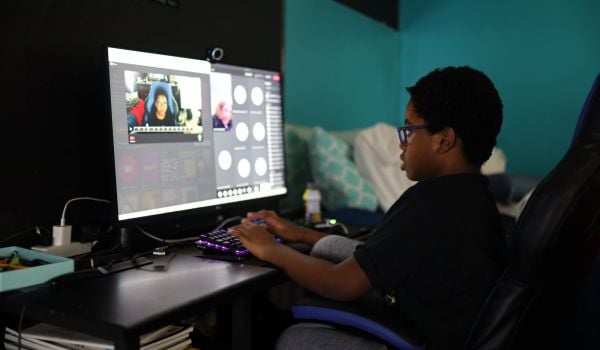While a growing number of governments are beginning to use new media tools, much of the focus has been on simply increasing communication with citizens and residents about civic related issues, such as policy initiatives or construction projects. While this enhanced level of information sharing is certainly welcomed by many, it doesn’t take advantage of the Internet’s potential to foster two-way communication and collaboration between people – or in this case, government and citizens.
Admittedly, many governments have a difficult time with traditional public participation processes, and are understandably reluctant to add a new variable – i.e., the Internet – to the equation. However, properly conceived and managed, a web-based public participation process can facilitate useful collaboration between officials and residents that then results in more informed public policies and decisions.
One frequently cited example is the City of Melbourne, Australia. Charged with creating a new citywide master plan in 2008, officials at the City’s Planning and Sustainability office wanted to see what would happen if they re-engineered the traditional process – i.e., releasing a draft document and soliciting comments from the public – towards true collaboration where everyone had a chance to shape the plan’s content. To guide the process, the city hired Collabforge, a consulting firm led by Dr. Mark Elliott. Together with the City, Collabforge mapped out the processes behind the traditional master plan activities, and looked at places where collaboration might be appropriate. To facilitate the experiment, the team customized a wiki, an open source tool that allows many people to build and edit web-based pages.
The wiki facilitated two stages of collaboration, first between the internal team and stakeholders, and then with the general public. During the one-month window that the plan was open for editing by all, over 200 direct edits where made by members of the public, with no incidents of spam or misuse. Once people made changes, they often came back again and again to see if any additional edits were made to their contributions, which generated a deep level of engagement around the content of the plan. In the end, the document was the product of hundreds of individual contributors both inside and outside of the City government – rather than just a handful of staff members.
Of course, the project garnered some criticism. The use of wikis – a tool whose name is not quite intuitive – could bias the process towards people already familiar with such tools. And the real-time collaborative nature of wikis means that edits and changes made by one resident can be immediately removed by another (though all revisions are archived by the system).
Still, Melbourne’s experiment seems to be one of the most ambitious efforts to use new media to allow residents to collaborate with their officials on government policy. As a follow-up, Collabforge published a useful post-implementation review of the process, with a number of recommendations for Melbourne and other cities that might also want to conduct a similar experiment. Critically, the team concluded that it was the organizational procedures for managing collaboration – and not the technology per se – that was most important in creating a successful collaborative process.
Christian Madera was formerly the managing editor of Planetizen, and has spent the last decade working in the fields of urban planning and web technology.
















